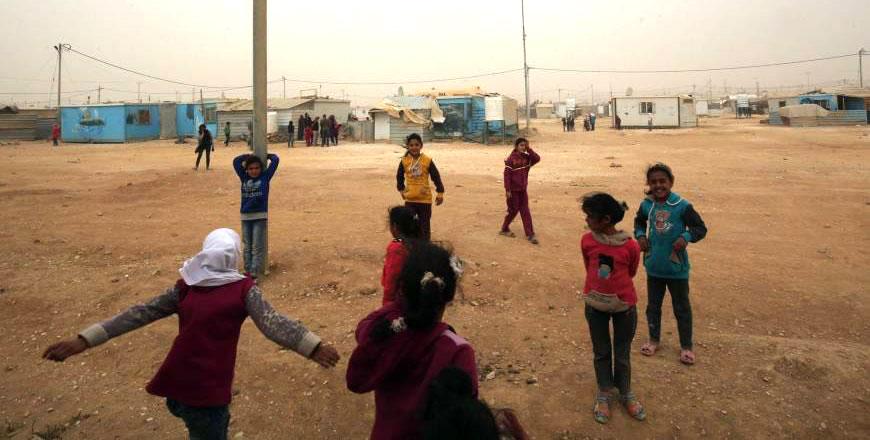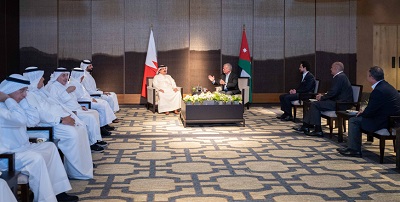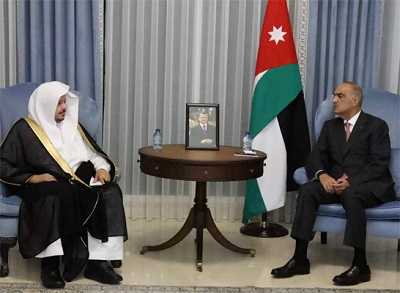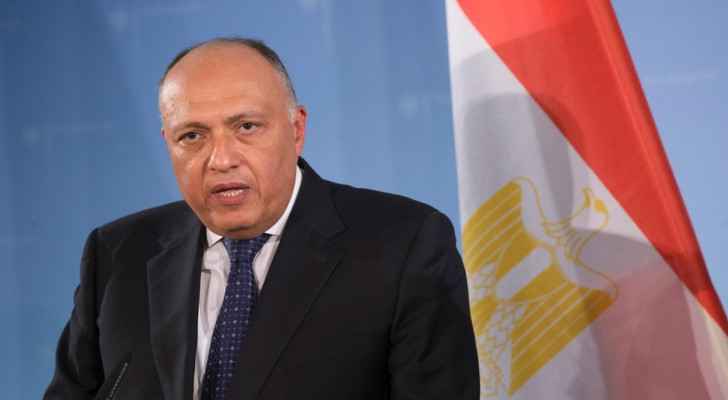Jordan remains stable in latest Human Capital Index

The Jordan Times
AMMAN — The World Bank Group on Wednesday released its latest Human Capital Index (HCI) report, which calculates the expected productivity of future workers and provides a snapshot of human capital outcomes right up to the beginning of the COVID-19 pandemic.
The Human Capital Index ranges between 0 and 1. The index is measured in terms of the productivity of the next generation of workers relative to the benchmark of complete education and full health. An economy in which a child born today can expect to achieve complete education and full health will score a value of 1 on the index.
Lower and upper bounds indicate the range of uncertainty around the value of the HCI for each economy.
Jordan received a lower bound score of 0.54, an actual value of 0.55 out of 1, and an upper bound score of 0.56, according to the index.
The World Bank’s HCI serves as a baseline to track changes in human capital and inform approaches to protecting and investing in people, through the pandemic and beyond.
The full report highlights Jordan’s efforts to provide access to education for refugee children, as it hosts “one of the largest populations of Syrian refugees”.
However, the report states that in spite of Jordan’s efforts to provide free access to public education to Syrian refugee children, they still experience delayed entry into schools and early exit, “with enrolment rates dropping sharply from around age 12, as refugee children come under pressure to work and help support their families”.
“The government of Jordan has adopted a policy of offering refugee children tuition-free access to the public education system, while also providing accredited schools in refugee camps,” according to the report, which adds that schools as a result were overcrowded in some locations.
Moreover, only 64 per cent of Syrian refugee children have access to education, estimated at 152,000 children out of 236,000, according to the report, which adds, “reports suggest that bullying at schools and the absence of a safe learning space impedes learning for Jordanian boys, as well as, Syrian refugees, and the Jordanian government is taking measures to address this issue”.
Concessional loans from the Global Concessional Financing Facility “reduced the acute financial burden on Lebanon and Jordan, two countries on the front lines of the Syrian refugee response”, the World Bank said in the report.
Latest News
 King, Bahrain monarch stress need to maintain Arab coordination
King, Bahrain monarch stress need to maintain Arab coordination Security Council to vote Thursday on Palestinian state UN membership
Security Council to vote Thursday on Palestinian state UN membership Dubai reels from floods chaos after record rains
Dubai reels from floods chaos after record rains Khasawneh, Saudi Shura Council speaker discuss bilateral ties, regional developments
Khasawneh, Saudi Shura Council speaker discuss bilateral ties, regional developments Egyptian Foreign Minister condemns potential Palestinian displacement as 'war crime'
Egyptian Foreign Minister condemns potential Palestinian displacement as 'war crime'
Most Read Articles
- Senate president, British ambassador discuss strategic partnership, regional stability
- Jordan urges UN to recognise Palestine as state
- JAF carries out seven more airdrops of aid into Gaza
- Temperatures to near 40 degree mark next week in Jordan
- Safadi, Iranian counterpart discuss war on Gaza, regional escalation
- UN chief warns Mideast on brink of ‘full-scale regional conflict’
- US vetoes Security Council resolution on full Palestinian UN membership
- Google fires 28 employees for protesting $1.2 billion cloud deal with “Israeli” army
- Biden urges Congress to pass 'pivotal' Ukraine, Israel war aid
- Slight drop in temperatures across Jordan